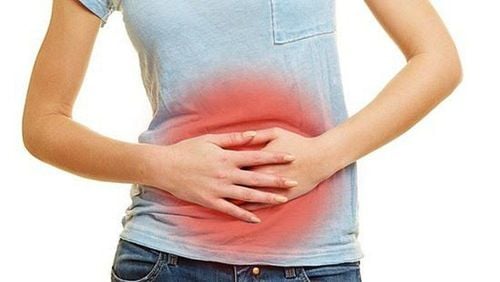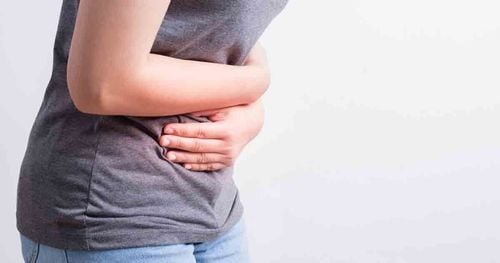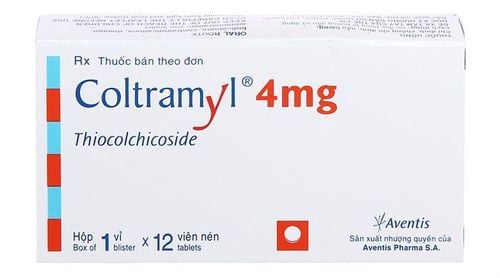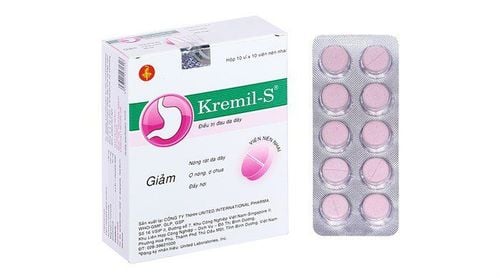Peptic ulcer disease is quite common worldwide. To prevent and treat the disease, a suitable diet is necessary to reduce gastric acid secretion and limit the impact of gastric juice on the gastrointestinal mucosa.
1. Principles of a healthy diet for patients with Peptic Ulcer Disease
The stomach and duodenum play an important role in nutrient absorption to provide the body with essential nutrition. When suffering from peptic ulcer disease, the stomach and duodenum cannot fulfill their functions properly.
The purpose of a diet for people with peptic ulcer disease is to reduce gastric acid secretion, decrease the effect of gastric acid on the stomach lining, and limit or eliminate harmful irritants so the stomach can rest and allow lesions to heal quickly.
The following principles of a nutritional diet promote better food digestion and more effective absorption:
- Eat cooked food: Hard foods should be stewed until tender. Avoid raw or undercooked foods.
- Chew food thoroughly and eat slowly: Grinding food into smaller pieces before swallowing helps the digestion and absorption process.
- Eat several small meals (4-5 meals per day): Avoid overeating at any one time. Eating multiple smaller meals helps to neutralize acid.
- Each meal should be light to avoid stomach distension, as a full stomach can stimulate more acid secretion.
- Avoid drinking too much broth or soup with meals
- Do not eat while working or watching TV
- Avoid heavy activity or running immediately after eating
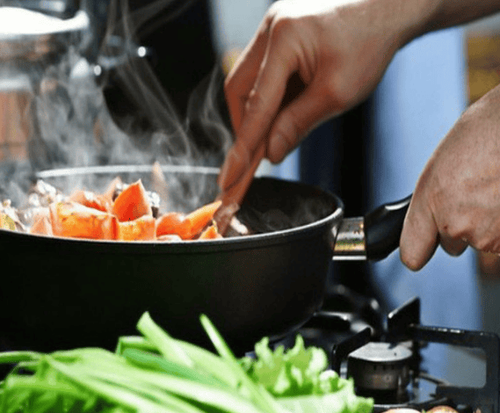
2. Foods That People with Peptic Ulcer Disease Should Eat
- Milk and dairy products: These foods help neutralize stomach acid.
- Protein-rich foods: Such as animal meat, fish, eggs, butter, soy products, peas, etc. These foods help heal ulcers on the stomach and duodenal lining and repair other damaged cells.
- Vegetables: Fresh vegetables provide many beneficial vitamins and can improve the condition of the stomach lining. Vegetables should be eaten cooked (boiled, steamed, or in soups). Avoid eating them raw. Chili peppers should also be avoided.
- Bland, low-flavor foods: Including rice, bread, potatoes and other root vegetables, porridge, etc.
- Fruits: Most fruits are good for people with peptic ulcer disease. Bananas are beneficial because they contain many nutrients that are good for health, can limit the growth of H. pylori bacteria, and increase mucus production to protect the stomach lining. However, bananas should be eaten after meals, not on an empty stomach.
- Turmeric: Turmeric is a popular type of health issue related to the digestive system, including peptic ulcers. Curcumin, the active ingredient in turmeric, helps reduce pain and speeds up the healing process of ulcers.
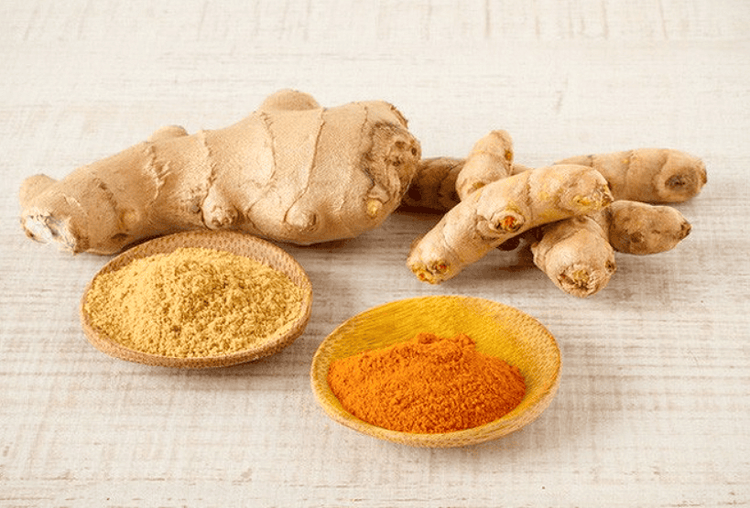
3. Foods That People with Peptic Ulcer Disease Should Not Eat
When suffering from this disease, stomach function is weakened, so patients should limit certain foods to avoid affecting the recovery process. Some foods that people with peptic ulcer disease should avoid include:
- Foods containing high levels of alcohol and caffeine: These increase stomach acid secretion, causing more frequent stomach pain.
- These beverages also slow the healing of lesions in the stomach and duodenum. Drinks to avoid include: alcohol (wine, beer), coffee, cola, etc.
- Fatty, spicy, and heavily seasoned foods: Snacks like fried foods, and stir-fries with hot spices like chili peppers and black pepper irritate the stomach, increase gastric juice secretion, and cause existing ulcers to spread, worsening the condition.
- Highly acidic foods: These irritate the stomach and hinder the healing of lesions and ulcers. Examples include: sour fruits like lemons, some fruit juices, oranges, strawberries, mangoes, etc.
- Processed meats: Such as ham, smoked meat, sausages, hot dogs, and sauces.
- Hard, chewy foods that rub against the stomach lining: Such as tough meats with gristle, cartilage, unripe fruit, etc.
Pickled vegetables, pickled onions, and unripe papaya: These can irritate the stomach lining. - Unhealthy snacks: hard-to-digest snacks like french fries, popcorn, chips, etc. should be avoided.
- Very cold or very hot foods: Cold foods cause stronger stomach contractions, while very hot foods cause the mucous membrane to become congested and contract more forcefully, making the stomach more susceptible to damage. The optimal temperature for food digestion and absorption is between 40 and 50 degrees Celsius.
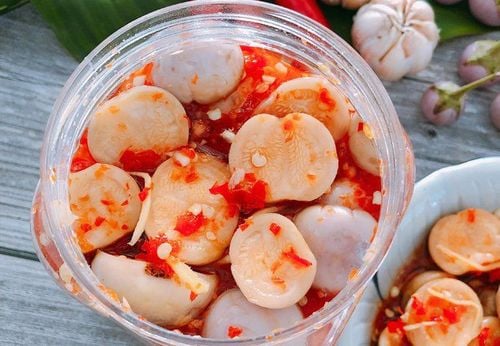
A healthy diet is essential not only for preventing recurring stomach pain but also for enhancing the treatment of peptic ulcers. Those with this condition should adhere to an appropriate diet to prevent and minimize recurrent condition.
To arrange an appointment, please call … or make your reservation directly HERE. You may also download the MyVinmec app to schedule appointments faster and manage your reservations more conveniently.






